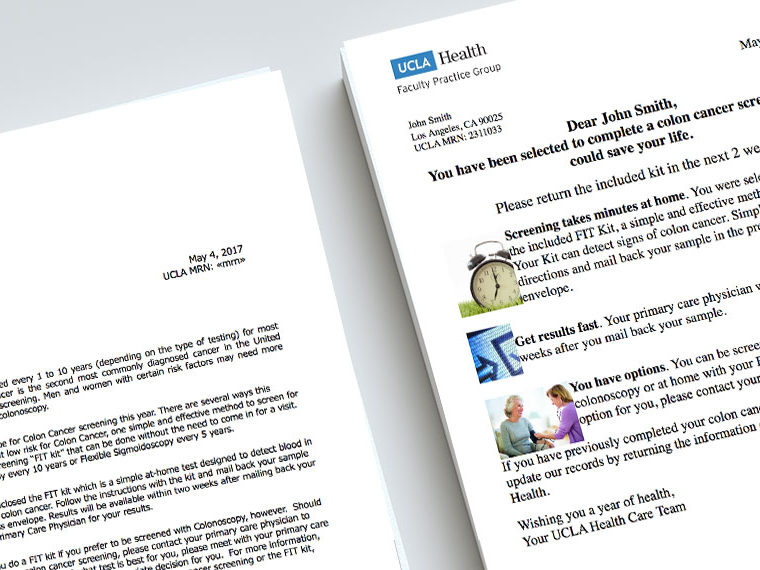Noah J. Goldstein
Bing (’86) and Alice Liu Yang Endowed Term Chair in Teaching Excellence; Professor of Management and Organizations; Faculty Advisor, Equity, Diversity and Inclusion
About
Noah Goldstein holds joint appointments at UCLA in the Psychology Department and at the David Geffen School of Medicine. His primary line of research involves the study of the factors that lead people to change their behaviors in a variety of contexts, including management, marketing and health. Goldstein teaches the psychology of persuasion and advises corporate and government organizations, where his insights from tested persuasion research have had substantial impact. He coauthored two widely acclaimed books on persuasion: New York Times best-seller Yes!: 50 Scientifically Proven Ways to Be Persuasive and The Small BIG, which presents new science showing how small, often ignored changes to one’s influence strategies can pay disproportionately big dividends.
Topics

11 Articles

A Psychological Approach to Helping Doctors Do Better at Doing No Harm
Behavioral nudges reduced doctors’ overprescribing and overtesting of older patients

Oversight of Borrowed Money Creates Animosity
Friends lending to friends, taxpayers bailing out businesses feel it’s still their money and have opinions on how it’s spent

A Supportive Letter to Doctors on Best Practices Reduces Opioid Prescriptions
In LA, doctors who lose a patient to opioid overdose get a letter from the coroner; tweaking that letter had a substantial impact

Modest Financial Incentives Help with Weight Loss
Tying payments to weight, rather than behaviors, marginally more effective

Replicating a Successful Nudge in Health Care: Advice for Skeptics
How it often goes wrong and key observations for effective strategies

Carefully Crafted Messaging Boosts Uptake in Cancer Screening
Embedding psychological nudges in mail reminding people to get tested improves compliance

How to Encourage the Discriminated-Against to Band Together
Membership in a stigmatized group doesn’t predispose acceptance of other stigmatized groups

How to Spot a Nudge Gone Rogue
Researchers find common warning signs in persuasion projects that went wrong

How to Harness Individual Outrage for Lasting Social Change
A practical guide to enlisting, mobilizing and continually engaging like-minded people

Curbing Over-Prescription of Antibiotics: Ranking Clinicians Is a Nudge That Sticks
Peer ranking might cut dangerous antibiotic overuse
